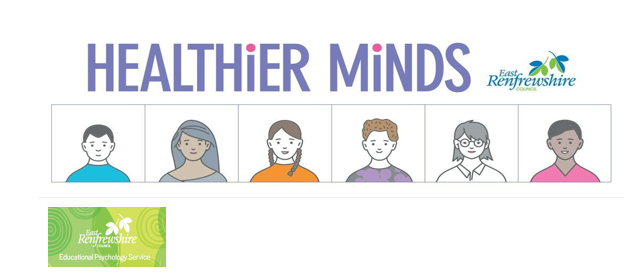Food plays an important part in our lives and our eating habits can change. Sometimes we may try to eat more healthily, we may eat more than usual or lose our appetite. Changing our eating habits every now and again is normal. However it becomes problematic when someone starts to focus a lot on controlling what or how much they eat; when food and eating feels like it’s taking over their life; or when they have worries and concerns which are having an impact on their eating behaviours. Eating disorders are serious mental illnesses affecting people of all ages, genders, ethnicities and backgrounds.
It’s important to remember that eating disorders are not all about food itself, but about feelings. The way the person treats food may make them feel more able to cope, or may make them feel in control, though they might not be aware of the purpose this behaviour is serving. An eating disorder is never the fault of the person experiencing it, and anyone who has an eating disorder deserves fast, compassionate support to help them get better.

